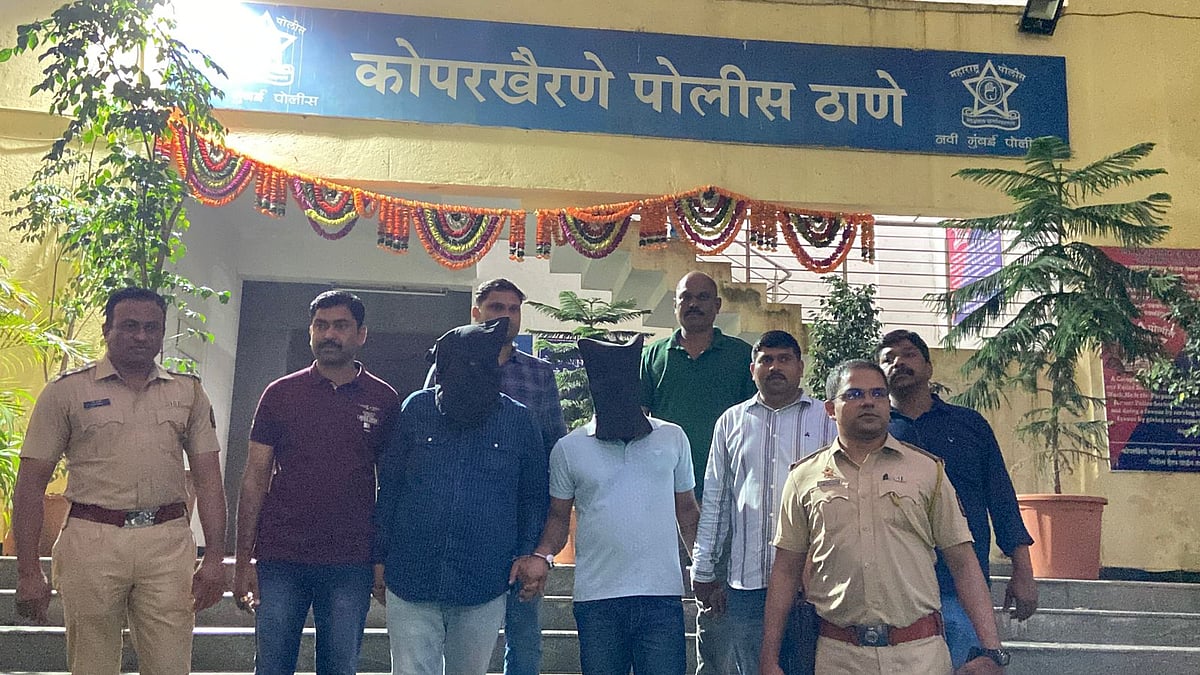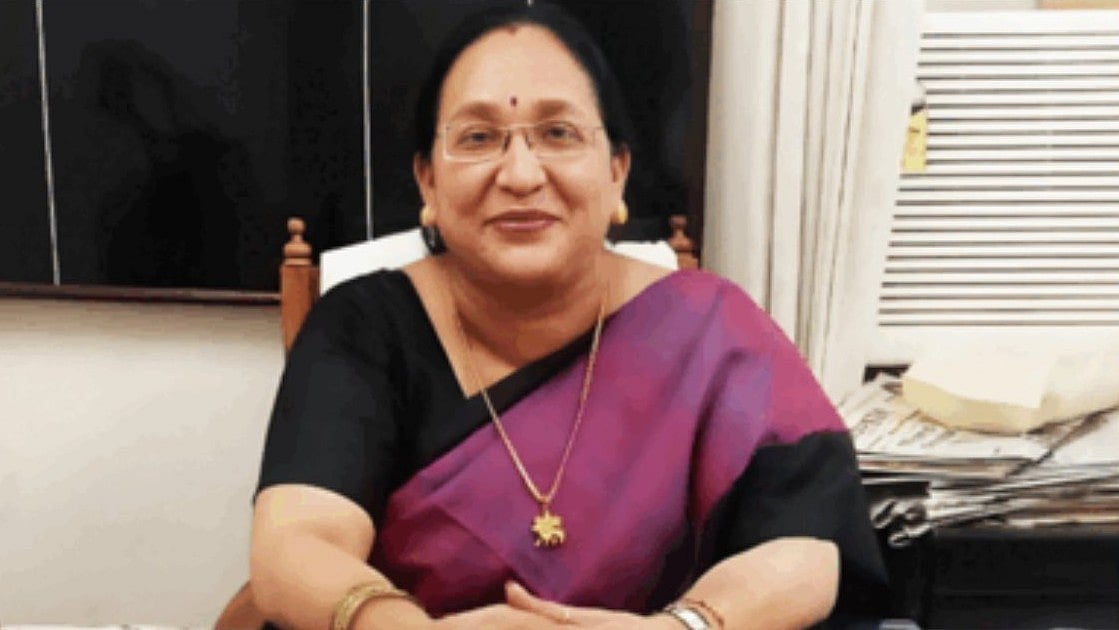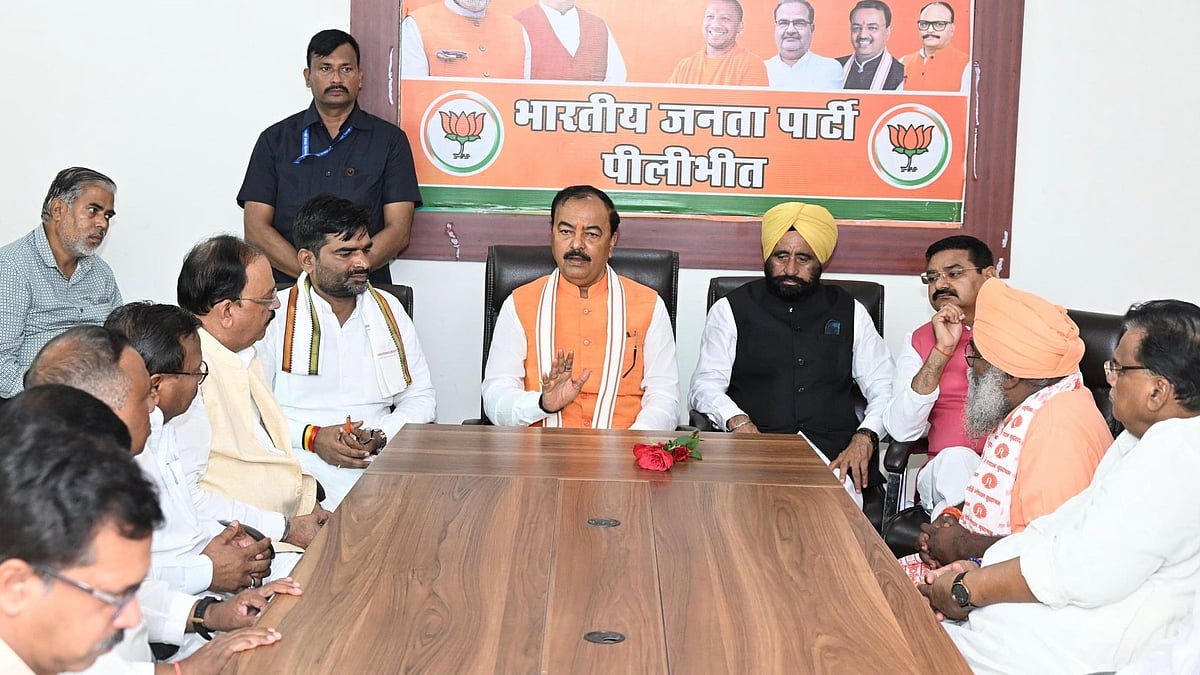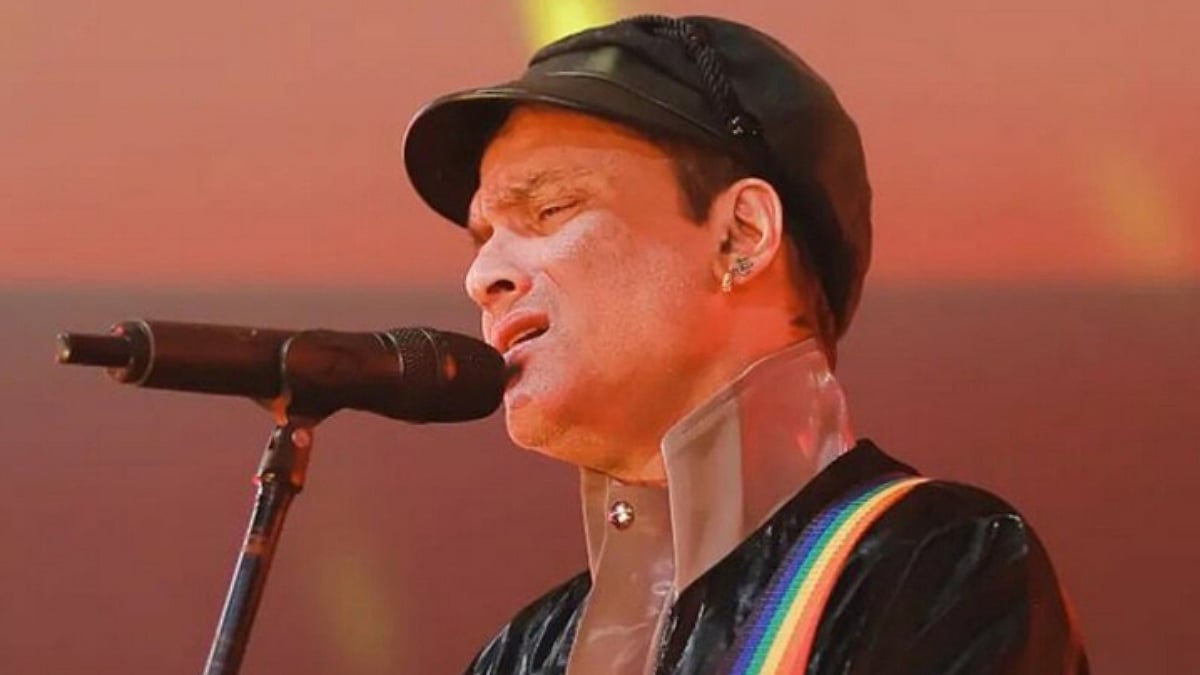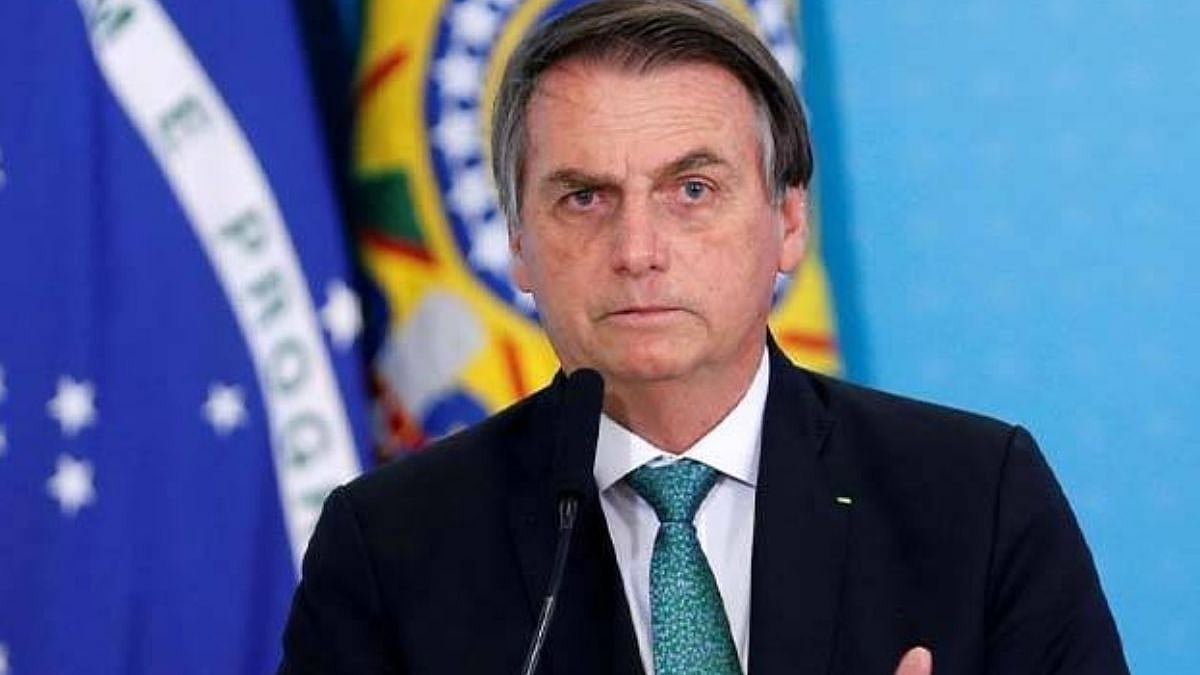Dhaka’s temperature is fast turning sizzling hot, not just literally because of the summer heat but because of the intense political activity in the capital of this overcrowded country of 180 million people.
On Friday, the country’s interim head of state, Prof. Mohammad Yunus, announced that polls will be held in April next year, disregarding demands by the army and one of the main political parties, the BNP, that elections should be completed by December this year and a newly elected government brought in to arrest the unfolding chaos on the streets of Bangladesh.
If that set the two sides at loggerheads, Monday’s early morning unannounced dramatic return of Bangladesh’s ex-president and long-time Awami Leaguer, Abdul Hamid, from Bangkok, where he had escaped for medical treatment, has set the political pot really boiling.
The Yunus government had earlier banned the Awami League after demands for such action were voiced by the Jamaat-i-Islami, which had played a complicit role in the Pakistan Army’s massacre of millions of Bangladeshis during the liberation war of 1971 and the newly formed ‘King’s party’—the National Citizens Party.
Hamid, a 1971 war veteran and an Awami League MP from before Bangladesh’s independence, is known to be a genial gentleman with a clean record whom countrymen hold in high regard and who has been the country’s longest-serving president. His appearance, after an equally dramatic escape by a regular airline flight despite his name being on a “no-fly list”, seems to be a calculated challenge to the Yunus regime.
Arresting the former president on false charges of murder (which were filed earlier) may not go down well with the country’s citizenry, which seems increasingly unhappy with the culture of mob violence and arbitrary arrests on trumped-up charges wrought by the “student supporters” of the new, unelected government.
On the other hand, leaving Hamid free might create a new figurehead for popular unrest and even a neo-Awami party, which could mount an electoral challenge to the current regime in the forthcoming elections.
There is also the possibility that the Awami League leaders, who escaped to India and western countries in the wake of the August regime change, could actually make their way home to court arrest and create the mass disturbance that the Jamaat and NCP have long feared.
A show ‘in absentia trial’ of ousted prime minister Sheikh Hasina, which has been instituted, may under such circumstances turn into a trial of strength against the current regime.
While the revival of the League’s fortunes is a major headache for the Yunus government, the current state of conflict between it and the army top brass, which is believed to have accused him of trying to replace the army chief and change the command structure by bringing in an American-Bangladeshi as the National Security Advisor over and above the three service chiefs, is perhaps more alarming.
Ignoring the formal advice tendered by the BNP and some 25 other parties, including the Leftists, to hold elections before December has also set the stage for further political clashes and a trial of strength with one of the largest parties in the subcontinent.
The Yunus regime now has only two parties supporting it—the NCP and Jamaat. Neither of which has much following with the masses. The Jamaat usually polls between 5 and 8 per cent of the popular vote, while the newly formed NCP was unable to bring too many of its supporters onto the streets after the army made it clear, a few weeks back, that it would not tolerate mob violence by any political party.
Prof. Yunus is taking a flight to London on Monday ostensibly to meet King Charles III and British Prime Minister Keir Starmer. However, many believe he will also hold secret talks with Tarique Rahman, the head of the BNP, currently living in exile in the UK, to try and win back the BNP’s support for his continuance.
However, the mood in the Bangladesh Nationalist Party, founded by Tarique’s father, General Zia-ur-Rahman, is grim and not in favour of compromises. The party’s leadership does not trust Yunus, especially after the Jamaat and NCP leaders started talking of giving him five years to carry out his “mandate” of reforms and justice.
To make matters worse, when a Yunus aide revealed that the professor was contemplating resigning from office on account of “machinations against him”, the BNP’s leaders in Dhaka made it clear that, while they had not sought his resignation but rather some of his ministers did, the party would not stand in the way if Yunus wished to step down.
A bid to give away Bangladesh’s biggest port, Chittagong, to a multinational port operator and the talks of creating a corridor to Myanmar’s rebel province of Arakan from Chittagong haven’t gone down too well with either ordinary people or with parties like the BNP, which, despite its pro-West leanings, also takes pride in placing itself as a nationalist party.

Yunus’s biggest challenge, externally, remains New Delhi, which has made it clear that it wants early and inclusive elections in its eastern neighbouring state, where it has billions of dollars’ worth of investments and where any turn towards Islamic militancy could create new headaches for the entire subcontinent.
Inclusive, of course, is a code word implying that India wants elections to include the Awami League, which, along with the BNP, has accounted for two-thirds to three-fourths of the popular vote in all elections held so far in Bangladesh. While the Awami League had become extremely unpopular in the wake of the July-August uprising by students against Hasina, it seems to have clawed back support, especially in rural and semi-urban areas where people, fed up with rising prices, unemployment, and mob violence, are disregarding anti-India and anti-Awami League propaganda and seeking a return to the “older bad times”.
How the current Yunus regime will deal with these evolving political complexities in the midst of the summer heat will be eagerly watched by people all over the subcontinent.
The writer is the former head of PTI’s eastern region network.

